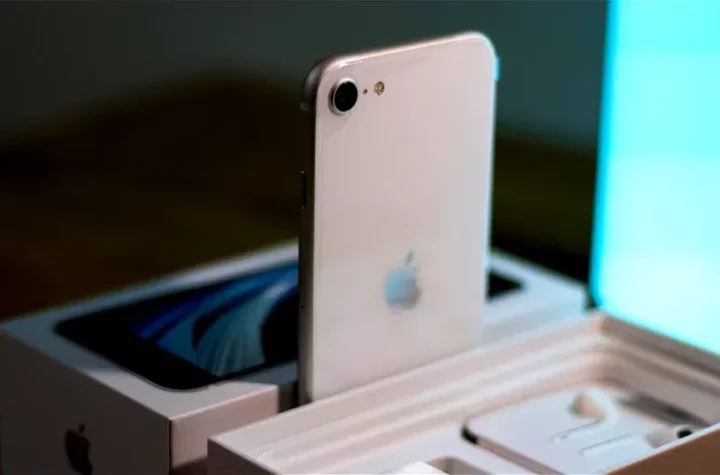60 years ago, Soviet cosmonaut Yuri Gagarin became the first space traveler. The Soviet Union took the lead over the United States that lasted for years. Today, a space race is taking place between the United States and China.
Chinese President Xi Jinping wants his country to become a superpower in space by 2049. China has recently landed on the far side of the moon, and will land on Mars in the coming weeks, building its own space station and working on a satellite system for navigation and Earth observation.
The United States mobilizes and supports its own private sector. SpaceX, led by Tesla chief Elon Musk, transports passengers and cargo to and from the International Space Station (ISS), but the aspirations of the American visionary reach at least Mars.
But what about Europe? For every $ 15 the United States spends on space research and exploration, the European Space Agency (ESA) spends about 1. In 2019, member states increased the European Space Agency’s budget by a third to € 2 billion for three years. That’s 1.20 euros per European citizen per year, says Didier Schmidt of the European Space Agency. He is the leader of the ESA Group for Strategy and Coordination for the Human Spaceflight and Robotic Exploration Program.
John F. Kennedy
On Monday, the SCK-CEN Research Institute held a conference marking the 60th anniversary of Gagarin’s space flight. Joseph Ashbacher, Director General of the European Space Agency, said he hopes to hold a summit with the European Commission and European heads of state and government in the spring of next year. At that summit there should be clarity about European ambitions in space. Aschberger hopes it will be equivalent to President John F. Kennedy at Rice University in which he announced in September 1962, more than a year after Gagarin space flight, that he would send Americans to the Moon.
Space presents us with severe challenges. And we managed to achieve technological breakthroughs.
But isn’t the race really all about prestige and politics? Schmidt answered with a nice story. Suppose you and your family must stay home for three years. You can’t open windows either. You have to use technology for everything: food, oxygen, waste recycling, telemedicine and virtual reality.
Space puts us up for these kinds of extreme challenges. One way or another, get these humans to make technological breakthroughs. The breakthroughs proved significant as well, especially on the ground. Perhaps it should be more valuable to us than the annual euro per citizen.

“Coffee buff. Twitter fanatic. Tv practitioner. Social media advocate. Pop culture ninja.”










More Stories
“Ask at least one question in return.”
According to research, people with this sleep rhythm live longer.
13 municipalities in the province of Seville have mosquitoes carrying the Nile virus